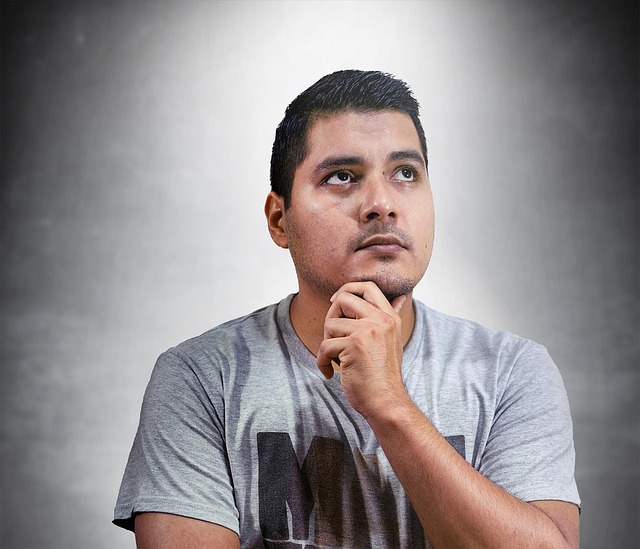Embracing the Questioning Spirit
There’s a peculiar thrill that buzzes beneath your skin when doubt creeps in. It pries open the cobwebbed corners of our assumptions and invites us to peer at the world in its raw, unfiltered state. In the field of phenomenology, doubt is not merely an obstacle but a vital catalyst. It beckons us to investigate how phenomena appear to consciousness and to dismantle the scaffolding of preconceived notions. As modern philosophy and science weave into this exploration, doubt emerges as the connective thread: prompting deeper inquiry, nudging boundaries, and fueling transformative insight.
The Phenomenological Lens on Doubt
Phenomenology, founded by Edmund Husserl, places experience at the forefront. Instead of taking the external world for granted, phenomenologists practice epoché—bracketing out biases and suspending judgment. It is a radical exercise of doubt: stepping back from “what is” to ask “how does it appear?” This suspension is not a denial of reality but an invitation to witness phenomena from a fresh vantage point. By engaging doubt systematically, we cultivate a clearer lens, one that exposes layers of meaning previously veiled by habit and presupposition.
Doubt in Modern Philosophy
- Cartesian Skepticism: René Descartes famously resolved to doubt everything until he found indubitable ground—“Cogito, ergo sum.” His methodical uncertainty served as a powerful engine that propelled modern epistemology forward.
- Pragmatic Response: William James and later pragmatists interpreted doubt as an opportunity for action. Doubt motivates experimentation, testing beliefs against lived outcomes rather than confining them to abstract debate.
- Existential Angst: Thinkers like Jean-Paul Sartre and Simone de Beauvoir highlighted the existential weight of doubt—our inherent freedom to choose and the anguish that accompanies the realization that there’s no absolute handbook for life.
Doubt at the Heart of Scientific Inquiry
Science thrives on a relentless interrogation of hypotheses. A well-crafted experiment embodies doubt: we challenge our theories, collect data without bias, and adjust expectations in light of new evidence. Doubt prevents stagnation and dogma. When scientists embrace uncertainty, they cultivate resilience against errors and open paths to paradigm shifts—just as Albert Einstein’s radical doubts about Newtonian absolutes sparked the theory of relativity and reshaped our cosmic vision.
Bridging Phenomenology, Philosophy, and Science
By weaving doubt into our intellectual practices, we foster cross-pollination between disciplines. Phenomenology’s introspective rigor trains us to dissect the texture of experience; modern philosophy equips us with conceptual tools to question foundational beliefs; science offers empirical grounding for hypotheses born from doubt. Together, they form a resilient matrix that honors both the subjectivity of perception and the objectivity of measurement.
The Ongoing Invitation
Next time you feel doubt creeping in—whether you’re recalibrating a laboratory apparatus, grappling with a complex philosophical text, or simply observing the play of light on a morning dew—welcome it. Let it be the spark that awakens curiosity. In the fertile space between questioning and knowing, you’ll find the heart of phenomenological discovery, the pulse of philosophical innovation, and the advance of scientific understanding.




